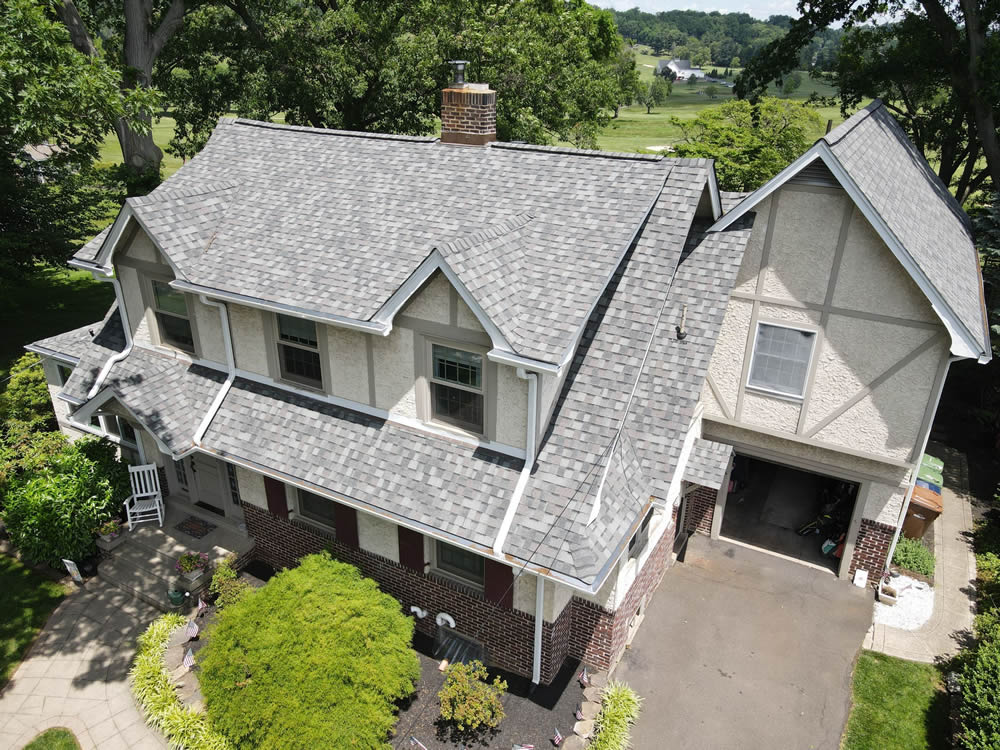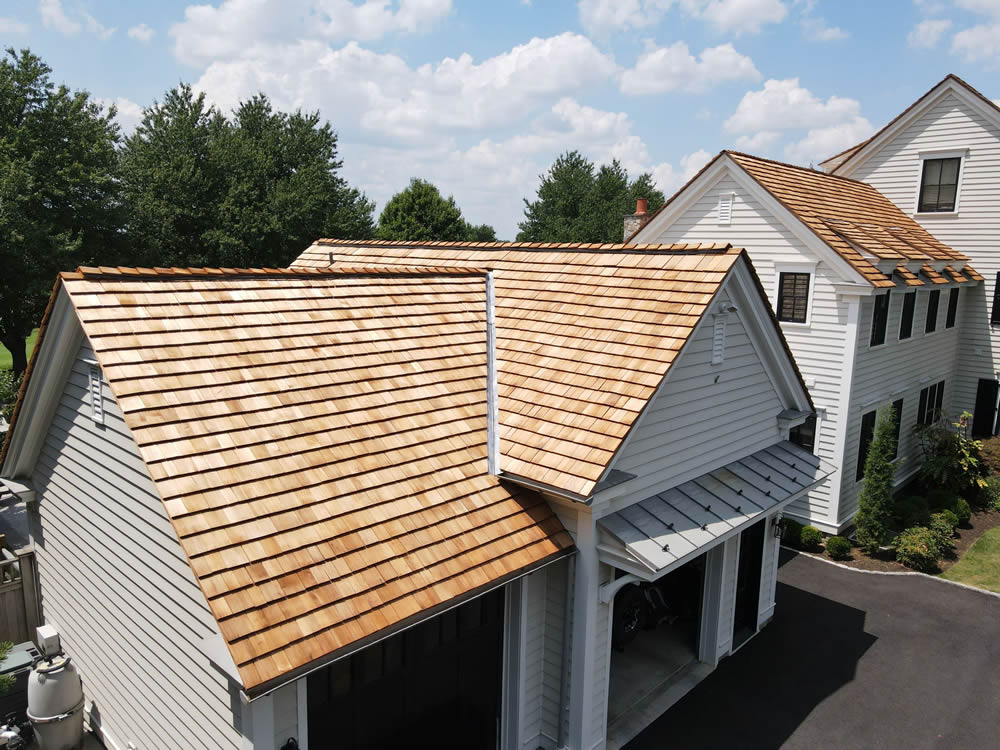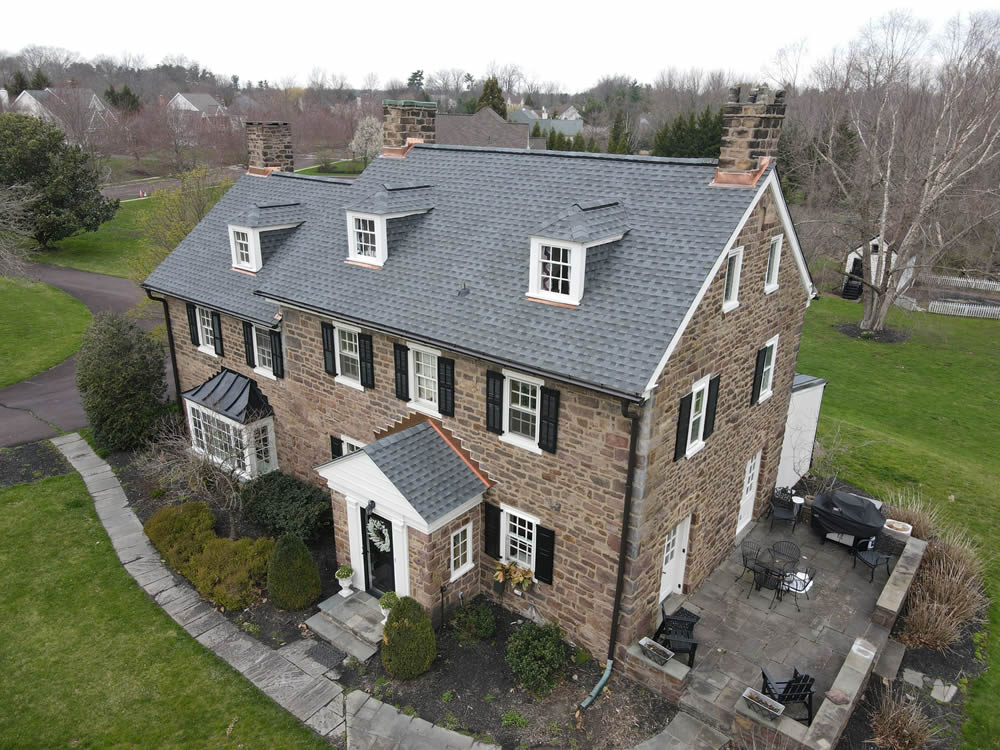In this blog post, we will discuss how long roofs typically last, and what you can do to make sure yours lasts even longer.

How Long Do Roofs Typically Last?
It is important to note that your roof’s longevity will depend heavily on how well it is maintained. Regularly checking and cleaning your roof can help extend its lifespan by many years.
What Factors Impact a Roof’s Lifespan?
A variety of factors can affect the lifespan of a roof. This includes the type of materials used, climate conditions, and maintenance practices.
In conclusion, roofs typically last anywhere from 12-50 years depending on the type of materials used, climate conditions, and how well they are maintained.
Regularly inspecting and cleaning your roof can help ensure that it lasts as long as possible. With proper care and maintenance, you can keep your roof in good condition for many years to come.

What Can I Do to Extend the Life of My Roof?
As mentioned above, regular maintenance and cleaning can help extend the life of your roof. Here are some tips to keep your roof in good condition:
- Make sure there are no missing or cracked shingles and replace them if needed.
- Clear gutters and downspouts before heavy rains to prevent water from damaging the roof.
- Inspect seals around chimneys, vents, skylights, etc. for any potential issues.
- Trim trees or bushes near a home that might be rubbing against the roof or blocking sunlight from reaching it.
- Make sure roof flashing is in good condition.
Commercial Roof Lifespans
Commercial roofs typically last longer than residential ones as they are usually built with sturdier materials and built to withstand heavier loads.
Standing seam metal roofs, for instance, can last up to 50 years or more while single-ply membranes (commonly used on flat commercial roofs) tend to have a lifespan of 15-30 years.
It is important to note that regular maintenance is just as important for commercial roofs as it is for residential ones. As such, a professional roofer should be hired to inspect the rooftop regularly and address any potential issues right away.
How Often Should I Replace My Roof?
The best way to determine when you should replace your roof is by having a professional take a look at it. They can assess its condition and provide an estimate of how long it will last before needing to be replaced.
If the roof has reached the end of its lifespan or shows signs of damage or deterioration, then it’s time for a replacement. Regular maintenance can help extend its life but eventually, all roofs need to be replaced.


